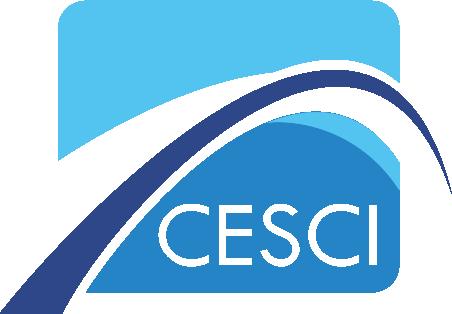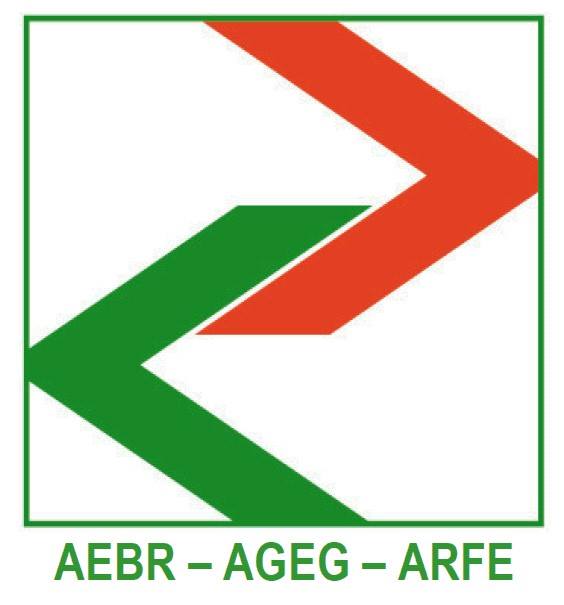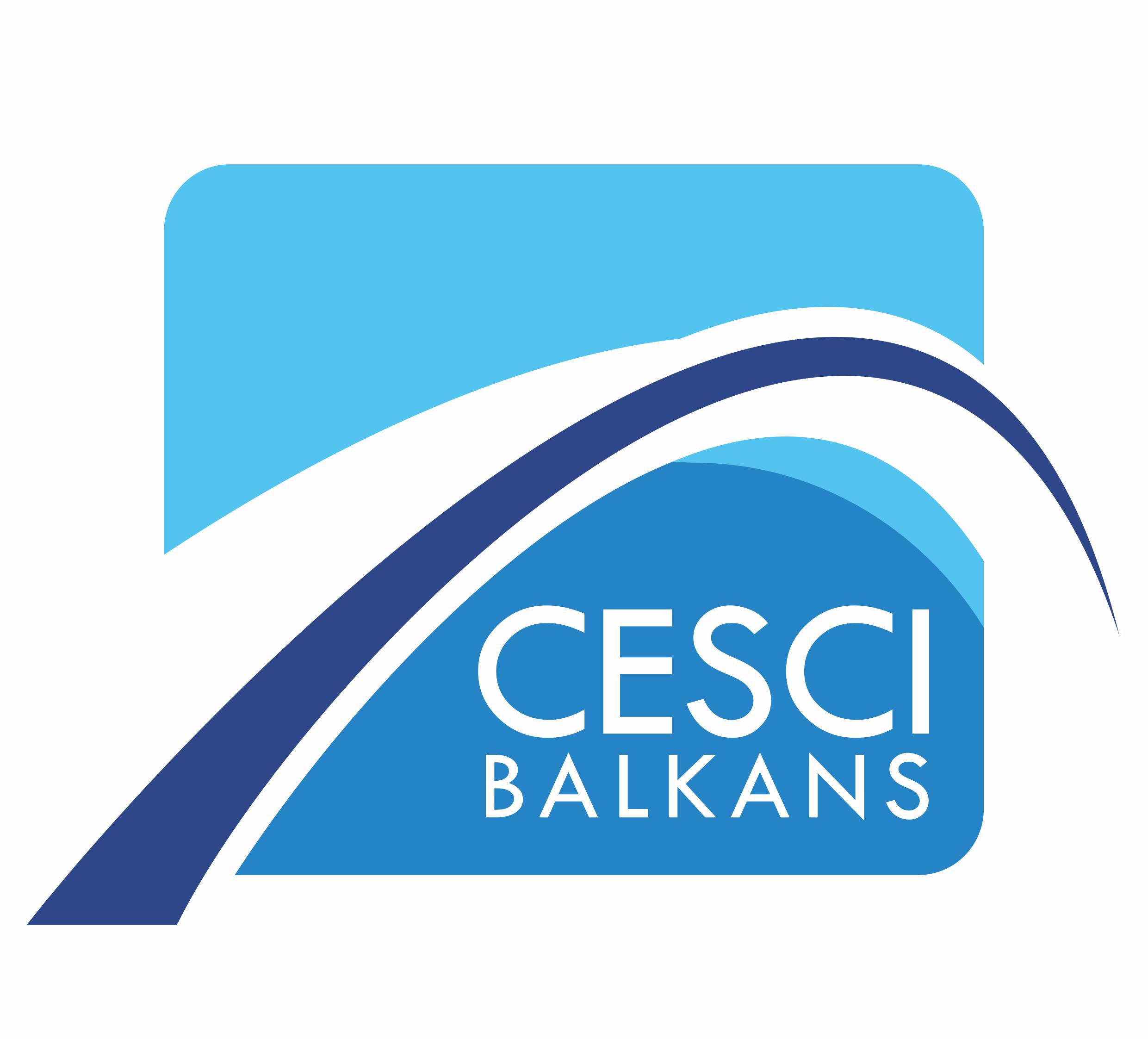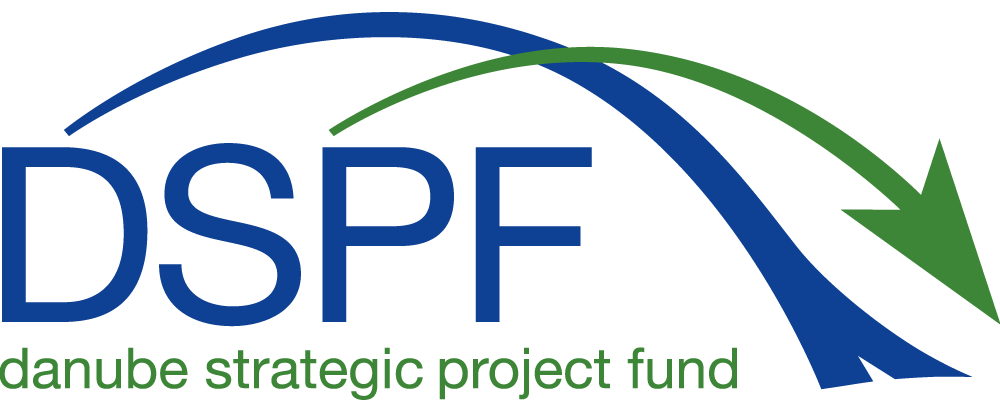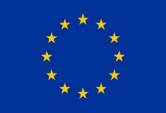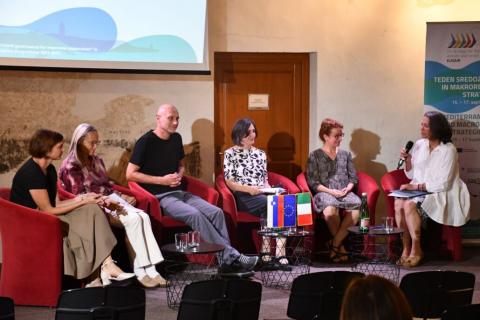
The Mediterranean Coast and Macro-Regional Strategies Week concluded with a resounding call for stronger collaboration across Europe’s macro-regions to confront rural depopulation, workforce shortages, environmental pressures, and funding gaps. The event spotlighted innovative approaches that put local communities at the center of Europe’s green and digital transitions. It demonstrated how cross-border partnerships are driving sustainability and creativity, reinforcing the message that common challenges demand collective solutions. By linking communities, institutions, and sectors, participants aim to enhance resilience and competitiveness across regions.
The Horizon SmartEra initiative is leading the way in rural transformation. By integrating digital technologies, citizen participation, and new governance frameworks into “smart innovation packages,” SmartEra empowers rural areas to counter population decline, stimulate entrepreneurship, and raise living standards. With collaborators from multiple countries and regions, the project shows how local innovation can inspire solutions at the European scale.
The GROWTH4BLUE project (Interreg IPADRION 2021–2027) is tackling the pressing shortage of skilled professionals in the Adriatic-Ionian blue economy. Using a transnational network and AI-driven platform, it matches workforce demand with available talent, aligning education and training systems with market needs. This initiative builds “blue human capital” and equips the sector to respond to both technological shifts and environmental challenges.
Discussions on ecological connectivity underscored the need for cross-border ecological corridors as the backbone of Europe’s green infrastructure. These corridors safeguard biodiversity, restore natural habitats, and bolster climate resilience. Success in this area depends on well-crafted policies and meaningful local engagement to overcome obstacles and embed ecological priorities into spatial planning.
The Blue Bioeconomy Forum examined the potential for a dedicated Blue Bioeconomy Acceleration Facility. This facility would streamline regulatory approvals, financing options, and innovation support for biotechnology enterprises, bringing together fragmented efforts to speed up sustainable growth and open new opportunities for the sector.
Taken together, these initiatives offer a forward-looking macro-regional strategy. Whether revitalizing rural communities, training maritime professionals, preserving ecosystems, or fostering breakthrough ideas, collaboration is the unifying theme. Macro-regional networks are broad enough to tackle shared issues while maintaining the trust and focus needed to achieve concrete results.
This collective vision affirms that cross-border cooperation remains the most effective path toward a greener, more innovative, and more resilient Europe.

